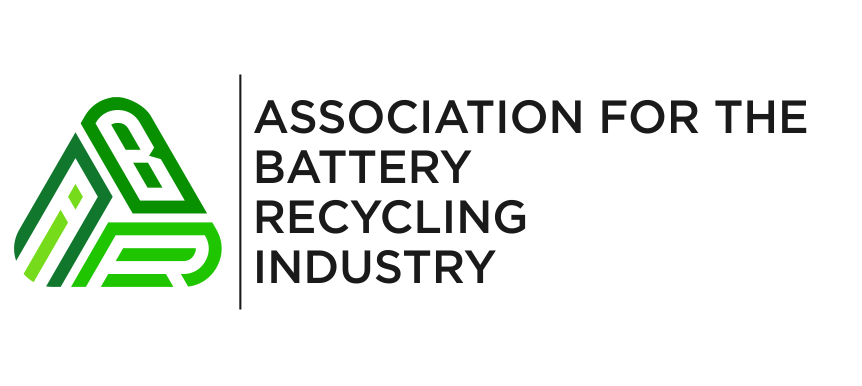Developing solutions to rapidly expand lithium battery recycling
24 April 2024 – Skyrocketing insurance costs and conflicting regulations are stalling Australia’s burgeoning battery recycling industry, according to a survey conducted by the Association for the Battery Recycling Industry (ABRI).
The 2023 survey of ABRI members also found logistics costs for packaging and sending used batteries to recycling was a challenge to recycling used batteries.
ABRI members are leading the way in developing technology to recover materials from batteries in Australia and export technology overseas.
ABRI CEO Katharine Hole said ABRI members were finding it increasingly difficult to secure insurance and that costs had risen between 50 to 100 per cent in 2023.
Insurance is critical to securing investment and leases on property.
“It is critical that new, fast-growing businesses trying to recycle used batteries and play their part in a circular economy have clarity in the regulatory operating environment and can secure affordable insurance,” Ms Hole said.
“Australia has the potential to be an international leader in battery recycling, but businesses need a level playing field to prosper.
“They are also held back by a complex maze of regulations which is slowing investment in recycling capacity.
ABRI is working to support its members and develop solutions. This includes signing an agreement to work with leading law firm Johnson Winter Slattery (JWS) to assist members navigate the complex legal issues in the industry.
Ms Hole said: “They are specialists in this legal field and the partnership will assist members overcome some of the hurdles they are facing.”
Industry leadership needs to be complemented by government action including streamlined and clarified regulatory environment and processes for safe and sustainable management of end-of -life lithium batteries.
“We need all the key government agencies and stakeholders to come together and resolve these issues urgently, if we want to grow an industry that will contribute to the circular economy,” she said.
